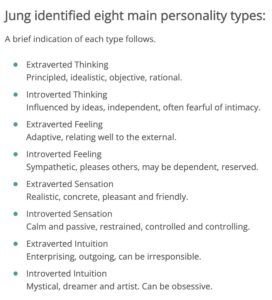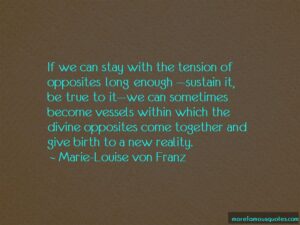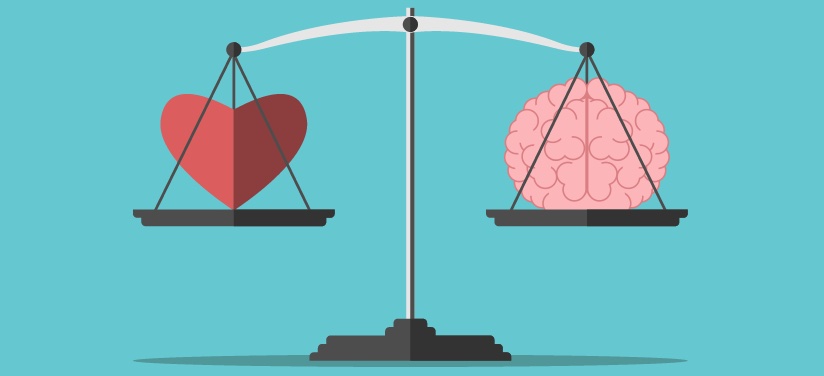 I am landing at my desk after a celebratory bike ride and breakfast at my favourite local cafe: The celebration? The publishers Routledge are offering me a contract for my book: “Weaving the paths of Buddhism and psychotherapy: the practice of human being”. I heard on Wednesday, and since then I have been too busy to really reflect and truly celebrate – to let the news sink in.
I am landing at my desk after a celebratory bike ride and breakfast at my favourite local cafe: The celebration? The publishers Routledge are offering me a contract for my book: “Weaving the paths of Buddhism and psychotherapy: the practice of human being”. I heard on Wednesday, and since then I have been too busy to really reflect and truly celebrate – to let the news sink in.
It is an interesting expression isn’t it, “letting it sink in”. We probably all have a sense of it, our own sense of it. For me it evokes a taking in and down into me – to not just know, but to fully know. I heard the news Wednesday, I soon realised and understood the implications…but something more than that needs to percolate, to unfold in time. In the Buddhist dharma, the three prajnas describe how we cultivate deep understanding, full knowing: through hearing, contemplating, and meditating. From gathering knowledge, really chewing it over, and assimilating so it becomes “a part of who you are, down to your very bones and marrow” as Buddhist teacher Judy Lief explains.
I am letting this news permeate into my bones and marrow, allowing a deep sense of fulfilment, satisfaction, accomplishment, pride, joy…well, those latter two tend to take a little more time for me.
While out on my celebration ritual this morning, I listened to a podcast interview with Jungian analyst, Murray Stein, on Jung’s psychological types. Whilst the Myers-Briggs (MBTI) adaptation of Jung’s work is perhaps better known, I am keen to stay with Jung’s original description of two attitudes (introversion and extroversion), and the four functions (thinking, feeling, sensing, intuiting). The journey of individuation and becoming whole can be thought* of as an expansion into- or a cultivation of- both attitudes and four functions i.e. bringing superior and inferior ways of taking in knowledge and experiences into a more dynamic balance.
 I would consider myself an Introverted Thinking type**; but more and more I feel that is not as true as it once was. Indeed, my path of Buddhism, my training and practice of psychotherapy, and my role as an educator have all played a part in my characteristic way-of-being shifting. I appreciate that Jung’s original formulation allows for this fluidity (compared to a pigeon holing trap with the MBTI). Experience and experiencing has many facets, and each is available to all of us: thinking, sensation (the five senses), perception, feeling, memory, emotion, imagination – our attention just tends to go to one or two primary ones. Neuroscience is also mapping more ‘senses’ such as interoception; a quality of internal awareness that the ancient wisdom traditions might include within the subtle energy body.
I would consider myself an Introverted Thinking type**; but more and more I feel that is not as true as it once was. Indeed, my path of Buddhism, my training and practice of psychotherapy, and my role as an educator have all played a part in my characteristic way-of-being shifting. I appreciate that Jung’s original formulation allows for this fluidity (compared to a pigeon holing trap with the MBTI). Experience and experiencing has many facets, and each is available to all of us: thinking, sensation (the five senses), perception, feeling, memory, emotion, imagination – our attention just tends to go to one or two primary ones. Neuroscience is also mapping more ‘senses’ such as interoception; a quality of internal awareness that the ancient wisdom traditions might include within the subtle energy body.
A psychotherapeutic modality like Gestalt, or indeed other “experiential” approaches, privileges a cultivation of awareness as the key to emotional healing and well-being. Fritz Perls identified three “zones” of the total experience:
- The outer zone: an observation of the outer world through our senses
- The inner zone: feeling and inward sensing; we might also add intuition or felt-sense here
- The middle zone: thoughts and mental processes such as judgement, interpretation, remembering. It also includes perception: the organisation of our sensory experience
This has certainly been the case on my own path. The Introverted Thinker is evolving; exploring more of my “inferior function” (if we use Jungian language) through practices that cultivate inner and outer zones, including different types of meditation.
As therapists however, we must be alert to trap – to try and make people feel. Asking an Extroverted Thinker how they feel about something is at best going to result in a “I think I feel” response, at worst a blank stare! Likewise, asking an Introverted Intuition type what they think might be the next step isn’t their language. Of course, we all have a preferred way of relating to the world and our experience – a little understanding and respect for our differences means any mis-attunement is temporary and can be worked through. I have found Vann Joines and Paul Stewart’s ideas on “doors to therapy” incredibly useful in this regard. The authors describe three functions of thinking, feeling and behaviour that clients tend to favour. They then describe how different clients will have a function that is available for making contact (the Open Door), a function to avoid (the Trap Door), and ultimately, the function pivotal in the ongoing direction for change (the Target Door). I recently worked with a client who worked in web design; someone who we might associate with a tendency toward introversion and intuition. Their withdrawn nature was ideal for their work life, but it came with a sense of isolation and difficulty expressing emotion in intimate relationship. We made contact through the language of their creative pursuit, the “open door” of behaviour. To take them toward the “target door” of thinking and see their position more objectively (the inferior function), there was little to be gained by talking about feelings – their trap door. If as therapist I tried to engage them directly at the feeling level, they would have likely defended and avoided the work that needed to be done.

On my Buddhist path, I recognise how at first I immersed myself deeply in the study of the teachings – learning the many lists, understanding the concepts and sophisticated psychology. These concepts engaged my thinking function, and they became like hooks upon which I could hang my experiences as they unfolded in the meditation practices. I am now much more in touch with the felt sense of my world. In other words, we need to recruit our strengths in order to access our potential. The Jungian Marie von Franz considered the inferior function to be the portal to the unconscious and ultimate liberation.
The journey this book has taken me on truly has been “the practice of human being”. To inhabit our being fully means being open to all aspects of our experiencing. As I let the news, that I am to become a published author, sink in I can feel a mixture of emotions. Of course I am happy, I am also relieved. There is also the nervous anticipation and sadness when one releases their child out into the world; and I can also feel the bubble of excitement as I consider book number two…but not yet. As any Gestaltian knows, there is great importance in allowing the figure of energy to return to the ground of rest, the fertile void. I also have some work to do on the manuscript, and that will keep me busy for the next weeks and months.
———————————————
*spot my superior function!
**I think this correlates with my being an enneagram type Six

